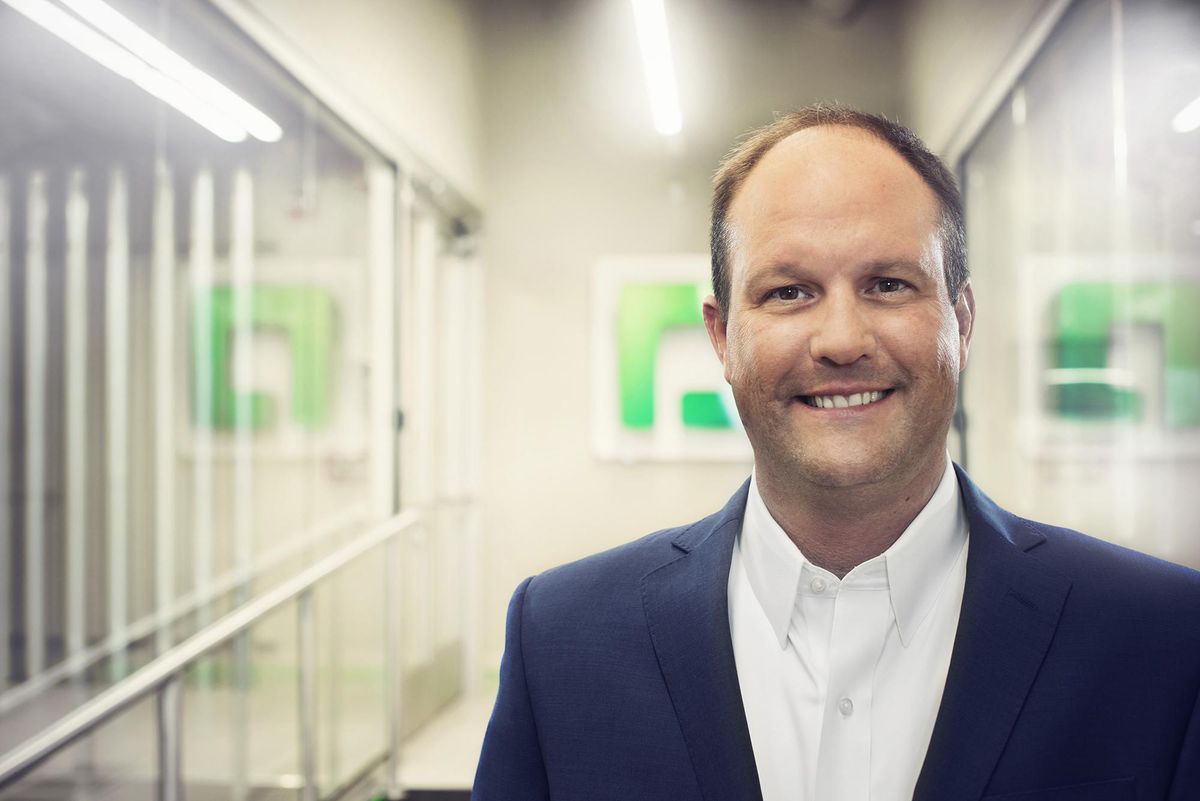OKLAHOMA – Chad Richison first heard of the Giving Pledge about a decade ago at a poker game organized by Warren Buffett. There, the Oracle of Omaha talked about the campaign he had just started with Bill Gates for wealthy donors to commit to give more than half of their wealth to charitable causes. Richison, the CEO and founder of Oklahoma City-based payroll processing firm Paycom, wasn’t yet a billionaire then — but the idea stuck with him. Richison, now worth $3.4 billion, told Forbes that he has just signed on to the Giving Pledge. He also discussed his philanthropy in his home state of Oklahoma and in the field of mental health.
“I want to make a sustainable difference,” Richison, age 49, told Forbes in an email interview. “In a perfect world, I would identify those opportunities and give well before my dying days so I can see the good the gifts are doing.”
Richison, who owns about 12% of Paycom shares, first joined the billionaire club in 2019 when the company’s stock surged enough to earn him a place on Forbes’ World’s Billionaires list with a net worth of $1.5 billion. He grew up in the farming town of Tuttle, a half hour’s drive south of Oklahoma City, and has donated $57 million thus far to causes ranging from food banks across the state to local charter schools. His latest gift, a $5 million donation to the American Cancer Society, will help build a new center in Oklahoma City that will provide free lodging for cancer patients traveling to the city for treatment.
At the University of Central Oklahoma, his alma mater, Richison’s combined gifts of $14 million in 2015 and 2017 — a university record — funded a complete overhaul of the university’s athletics program, including brand new locker rooms and training facilities for the wrestling and football teams.
Mental health is not the kind of issue you’d expect to be championed by a former high school wrestler who grew up hauling hay in the fields of central Oklahoma. Yet that’s the focus of his primary foundation, Green Shoe, which aims to end the stigma of mental health disorders and provides weeklong retreats for anyone above the age of 21.
The idea behind Green Shoe is that everyone — even if they haven’t been diagnosed with a mental health condition — needs to assess their childhood trauma, which the foundation defines as anything “less than nurturing.” For a deposit of $475, which is returned if an attendee completes the retreat, participants spend five days in small groups of four to six people with the center’s four licensed therapists. The sessions include art therapy and writing letters to their younger selves, as well as educational activities. “You are your own judge over what you call trauma,” Richison told Forbes during a visit to the foundation in November 2019. “The goal is to prevent it from going from generation to generation.”
Richison attended a similar retreat himself in Arizona many years ago and returned feeling “enlightened,” but he was dismayed by the high cost of entry. In 2015, Richison decided to set up Green Shoe to reach people who otherwise might not be able to afford the experience. “These generally cost between $2,500 and $3,500 per retreat,” says Stephany Cochran, the foundation’s executive director. “Green Shoe is the only one that’s essentially free.”

